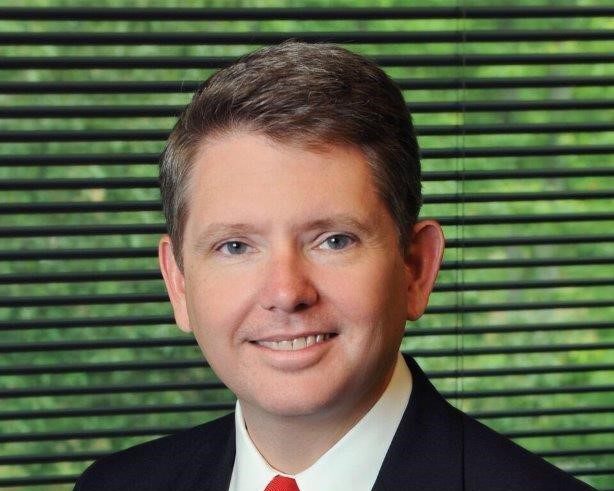
Sid Salter
- Columnist Sid Salter says Mississippi legislators’ consideration of varying degrees of partial Medicaid expansion is relevant and necessary.
Discussing Medicaid and the role the program plays or should play in expanding healthcare opportunities for Mississippi’s working poor produces the kind of headache usually reserved for those who eat ice cream and wash it down with hot coffee – or those who watch TV news coverage of the Medicaid expansion issue on Fox News and MSNBC back-to-back.
With Mississippi legislators in both the House and Senate encouraging consideration of varying degrees of partial Medicaid expansion during the 2024 session, that discussion is relevant and necessary. From Lt. Gov. Delbert Hosemann and House Speaker Jason White, there have been what I interpret as very since expressions of concern and frustration about gaps in healthcare availability for Mississippians who are regularly and gainfully employed.
But there remains a hard partisan and philosophical division among lawmakers over how Mississippi advances any substantial expansions of the Medicaid program and second-term Gov. Tate Reeves has remained adamant in his opposition to Medicaid expansion.
On the left, Democrats in the Mississippi Legislature and allied special interest groups seek full Medicaid expansion. On the right, legislative Republicans holding a supermajority and their allies range from flat opposition to Medicaid expansion to varying appetites for forms of Medicaid expansion with work requirements and other factors designed to limit program growth or impede “lifetime” expanded Medicaid eligibility like renewals, income-linked premiums and other strategies.
In December, the Mississippi Division of Medicaid (DOM) reported 802,529 Mississippians enrolled in Medicaid or the Children’s Health Insurance Program or CHIP. The Kaiser Family Foundation estimates that about one in four Mississippians are eligible for these programs under current rules.
Medicaid is a joint federal-state program, but at present the federal government pays 77% of the cost of traditional Medicaid and the state pays 23%. Some 62% of Mississippi adults on Medicaid are working. DOM reported in a 2020 legislative report that state Medicaid enrollees segment as follows: 56% are children, 23% are disabled, 9% are elderly/Medicare eligible, 7% are low-income parents/caregivers, and the remaining 5% are family planning/pregnant women.
One element that may prove key to any expansion of Medicaid in Mississippi is the status of the Section 1115 waivers from the Social Security Act granted by the Centers for Medicare and Medicaid Services. As various states attempted to integrate work requirements into Medicaid expansion efforts, this waiver program became a frequently used mechanism to accomplish that.
Section 1115 waivers have figured prominently in partial Medicaid expansions in states that Mississippi lawmakers are studying like Arkansas, Georgia and Kentucky. And these waivers have been politicized over the last several years.
As reported by the Kaiser Family Foundation, distinct partisan differences have emerged:
“The Trump Administration’s Section 1115 waiver policy emphasized work requirements and other eligibility restrictions, payment for institutional behavioral health services, and capped financing.” and,
“The Biden Administration has signaled a shift in policy to emphasize waivers that expand, rather than restrict, Medicaid coverage and access to care. The Biden Administration has withdrawn work requirement approvals and started to phase out premium requirements, and has instead encouraged states to propose innovative Section 1115 waivers that expand coverage, reduce health disparities, and/or advance whole-person care.”
One fundamental thing for Mississippi taxpayers to understand is this – if you pay federal taxes, you are already paying for Medicaid expansion in 40 other states. But none of your taxes spent for expanded Medicaid benefits your fellow Mississippians.
Section 1115 waivers for work requirements may well prove a deal maker or deal breaker in getting partial Medicaid expansion enacted in Mississippi. Just how the 2024 presidential election impacts the partisan aspects of those work requirements will be impactful in the ten states that have not expanded Medicaid under the Affordable Care Act.








